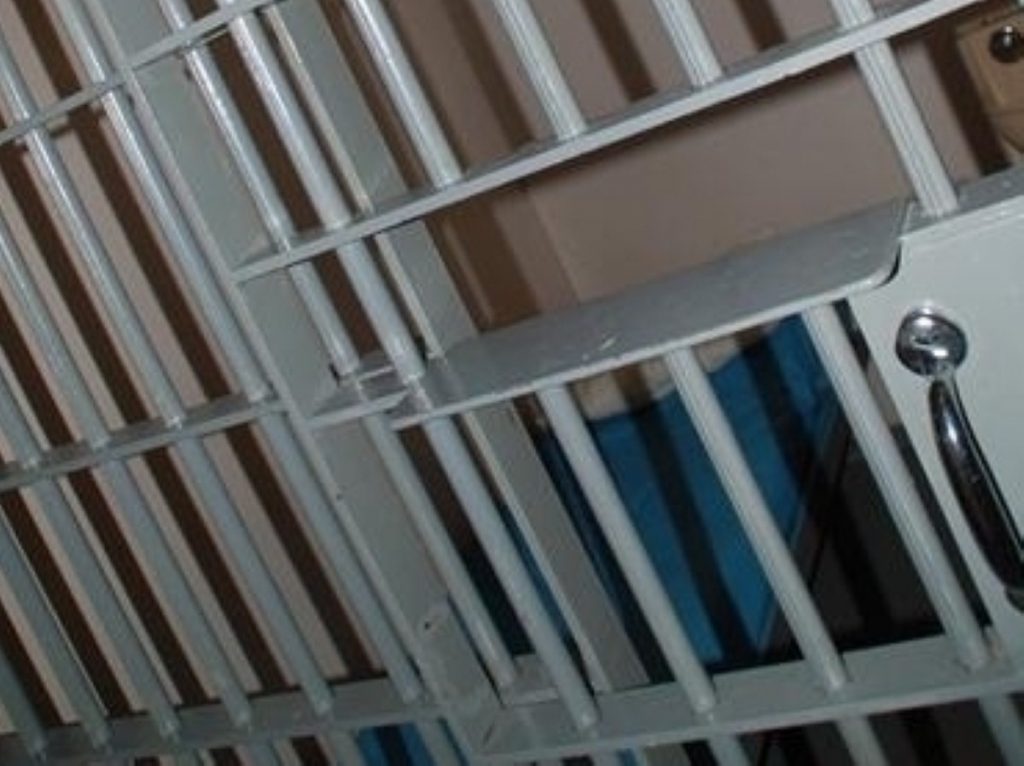First night behind bars for Assange
Wikileaks founder Julian Assange remains in custody as the international row about his actions, and his future, intensifies.
Mr Assange, who will remain behind bars at Wandsworth prison until December 14th as he faces extradition to Sweden on a rape charge, is preparing his legal challenge after he was arrested and refused bail yesterday.
His organisation has pledged to continue releasing US diplomatic cables over the coming days, after his lawyer Mark Stephens told reporters yesterday that “justice will out and Mr Assange will be vindicated”.


The global diplomatic ramifications of Wikileaks’ latest revelations are far-reaching. Australian foreign minister Kevin Rudd, who US diplomats claimed was a “control freak”, suggested he had not forgiven the Americans for the insult.
“Mr Assange is not himself responsible for the unauthorised release of 250,000 documents from the US diplomatic communications network,” the former prime minister was quoted by the Reuters news agency as saying.
“The Americans are responsible for that.”
Meanwhile firms which have decided to shun future links with Wikileaks like Visa and MasterCard are facing concerted action by angry hackers.
It was reported that they were responsible for technical problems experienced by the MasterCard website, but cybersecurity experts have downplayed the possibility of internet hackers causing major disruption.
Moves to extradite Mr Assange have prompted angry debate around the world.
Jemima Khan, who was among a group of celebrities who offered surety for Mr Assange’s bail, told reporters: “I offered my support as I believe that this is about the universal right of freedom of information and our right to be told the truth.”
The Times editorial argued “he should not be made a martyr over a grubby issue that is wholly separate from freedom of expression”.
Internet expert Clay Shirky told BBC2’s Newsnight programme yesterday that the government’s actions threatened “a catastrophic loss for free speech”.

